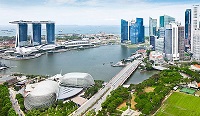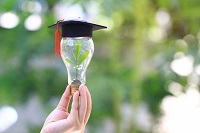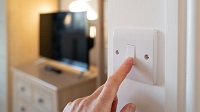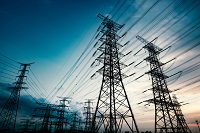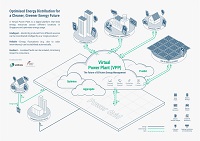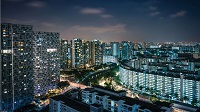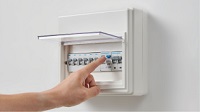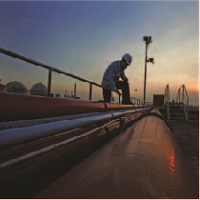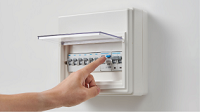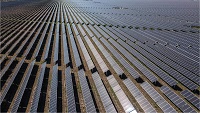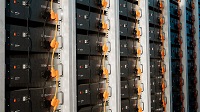We thank Mr James Poh Ching Ping (“Fast-track launch of meter giving real-time water data”, March 7) on his feedback to deploy smart meters so that households can better manage their utilities consumption.
Smart electricity meters have been deployed for business consumers who are buying electricity from electricity retailers of their choice.
By the second half of 2018, the Energy Market Authority will launch Full Retail Competition to empower the remaining electricity consumers, mostly households, to choose their electricity retailers. They will also have the option of using smart electricity meters.
We are also embarking on a pilot scheme with PUB and SP Group to extend smart metering for water supply and town gas.
The trial will leverage the existing automated meter reading system for electricity meters to cover water and town gas meters.
It will include the development of a mobile application to provide timely and useful information to consumers on their utilities consumption.
The trial will help us ascertain the performance and viability, including cost effectiveness of the smart metering solution for water and gas in our local conditions, before any large-scale deployment can be considered.
In the meantime, SP Group will continue to provide consumers with relevant information to manage their utilities consumption via their monthly utilities bill and the mobile application.
Consumers can view their utility usage at a glance, compare that with the average consumption of their neighbours in similar housing types and also with the national average, as well as receive tips to save energy and water.
Soh Sai Bor
Acting Assistant Chief Executive, Economic Regulation Division
Energy Market Authority
Michael Toh
Director, Water Supply Network Department
PUB, the national water agency
Chuah Kee Heng
Managing Director, SP Services
SP Group
Fast-track launch of meter giving real-time water data - Mr James Poh Ching Ping
7 March 2017
We are already mindful of the scarcity of water in Singapore and that the state is working towards self-sufficiency with NEWater and desalinated water (“Price hike debate should remind S’poreans of water’s importance: PM”; March 3).
Clearly, this aspiration comes with a high cost, especially that of the desalination plants and piping infrastructure.
According to water expert Asit Biswas, water bills represented 0.69 per cent of median household income in 2000, based on 20 cubic metres of water monthly, and 0.36 per cent in 2014 with the increased incomes.
Hence, water prices were expected to rise. Regardless, the increase could compromise the most vulnerable sectors of society, as water is a daily necessity.
It is now urgent that the Energy Market Authority fast-tracks the deployment of the smart meter for households so that real-time information about consumption is available via a mobile application, as opposed to getting a shock when receiving the utilities bill.
The trial should also be shortened, as such metering solutions have been proven in countries such as Australia.
Water demand will increase with the population by 2030, and only real-time sensors can enable consumers to predict and control their water usage patterns.
Water is precious, and saving it is everybody’s responsibility.
My grandparents gave me a simple tip: Use a container or scoop underneath the tap to be aware of how much water is running, and use the leftover water to wash the toilet or water the plants.
